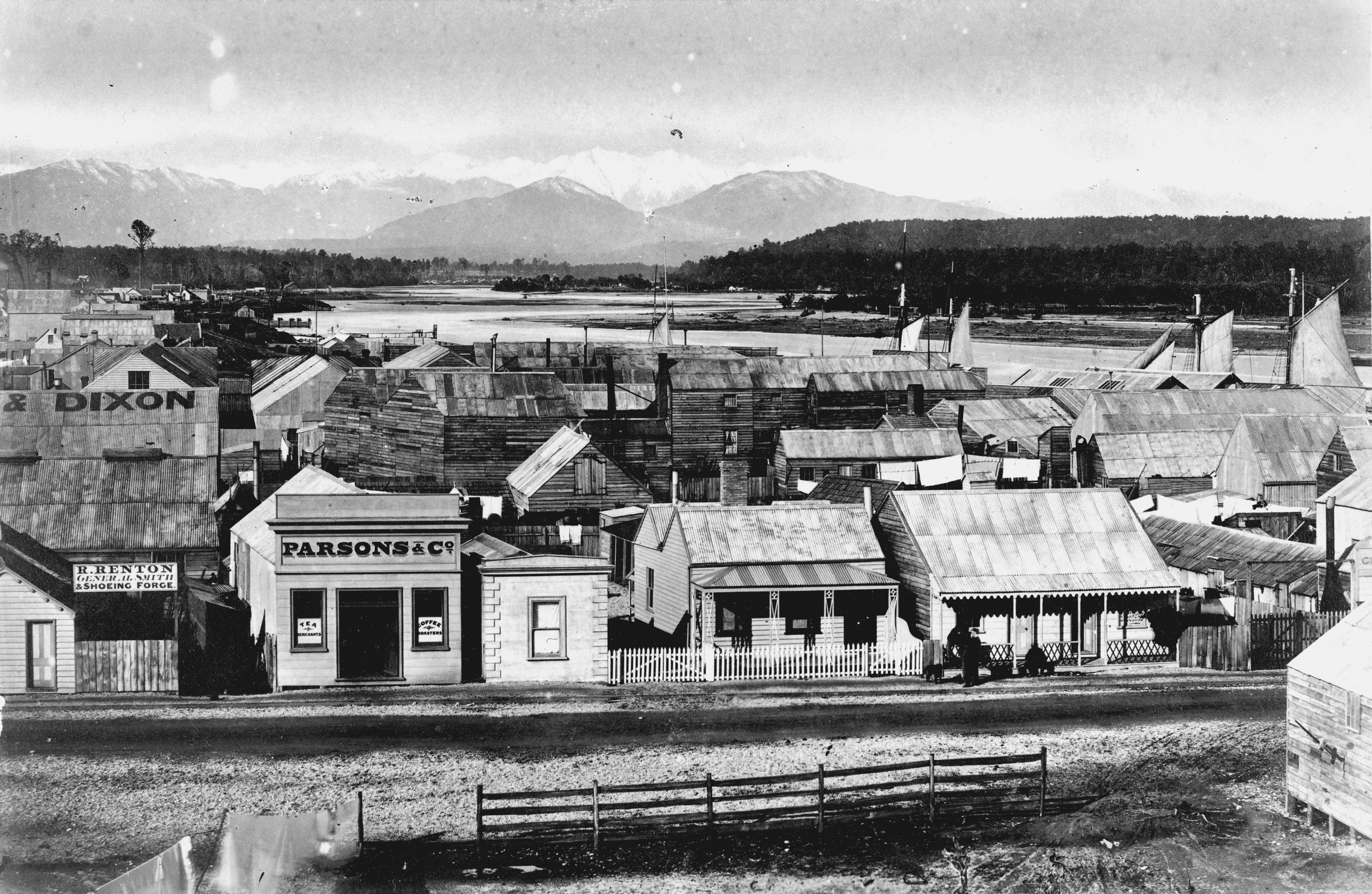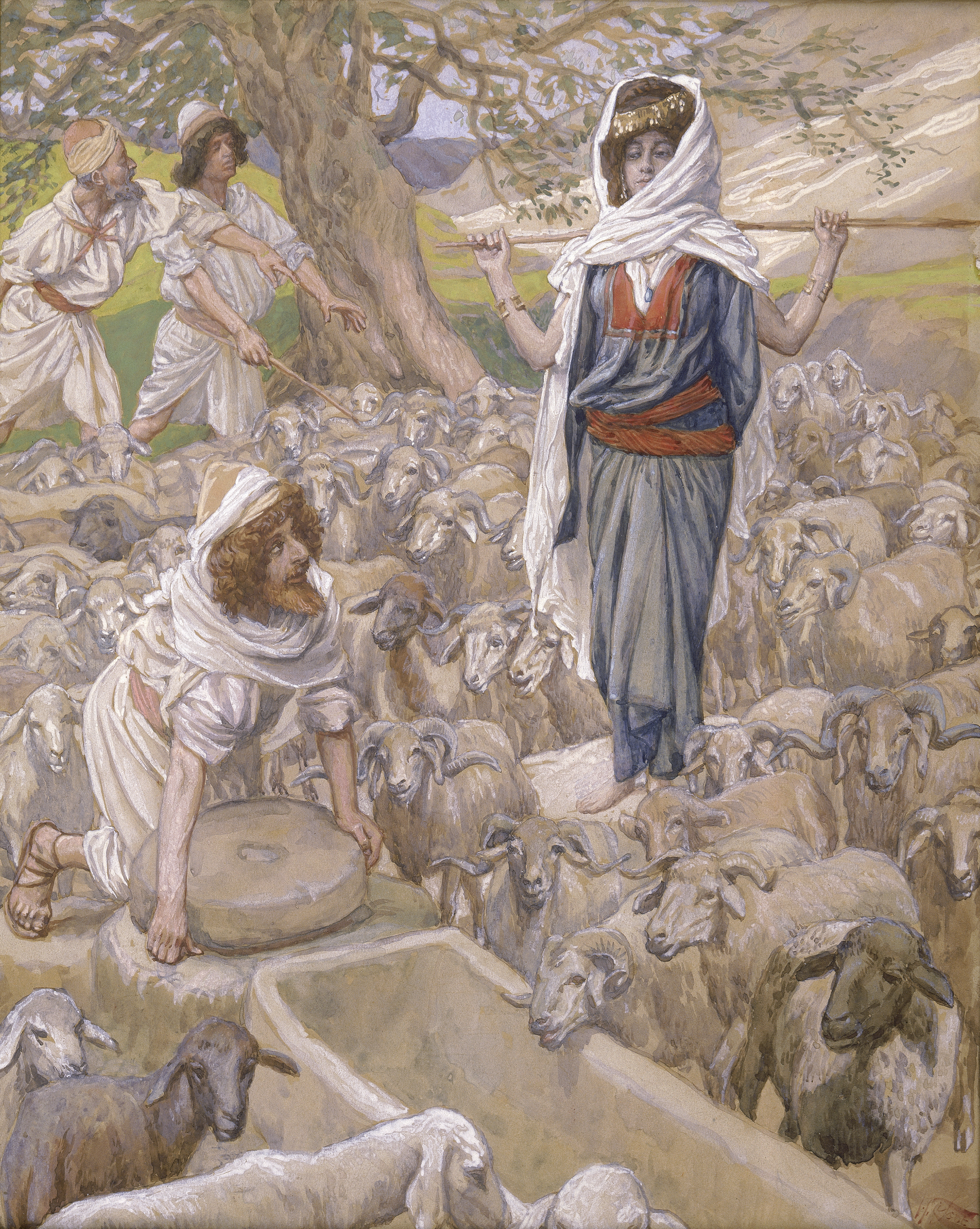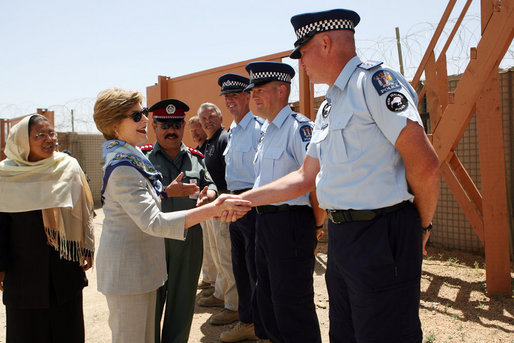|
Rachel Don
Rachel Don ( Hull; 23 July 1866 – 4 September 1941) was an accredited Methodist local preacher who became a local and national leader in the Women's Christian Temperance Union New Zealand (WCTU NZ), serving as president from 1914 to 1926. Under her leadership, the WCTU NZ focused on white slavery, promoting national prohibition, and expanding women's career opportunities, especially in the New Zealand Police Force and judicial system. She represented New Zealand at a world-wide temperance convention in London in 1920, and at the U.S. Woman's Christian Temperance Union Jubilee in 1924. She served in many other local charitable organisations, and after visiting India, became a fervent leader of the Dominion Stocking League to send refurbished clothing for impoverished children and women to Christian mission stations in India. Early life Rachel Hull Don was born at Hokitika, New Zealand, on 23 July 1866. She was the daughter of Mary Ann Walters and James Washington Hull. Not much ... [...More Info...] [...Related Items...] OR: [Wikipedia] [Google] [Baidu] |
Hokitika
Hokitika is a town in the West Coast region of New Zealand's South Island, south of Greymouth, and close to the mouth of the Hokitika River. It is the seat and largest town in the Westland District. The town's estimated population is as of . On a clear day Aoraki / Mount Cook can clearly be seen from Hokitika's main street. Toponymy The name Hokitika translates from Māori as "to return directly" (from , 'to return', and , 'direct'). According to the Ministry for Culture and Heritage, the name comes from when a band of Ngāi Tahu warriors in search of greenstone were about to attack Ngāti Wairangi . The chief of the invaders drowned while trying to cross the Hokitika River, and the leaderless (army) then returned directly to their own home. History The land where Hokitika stands was purchased in 1860 from Māori when Poutini Ngāi Tahu chiefs signed the Arahura Deed. This was the sale of the whole of the West Coast region, apart from small areas reserved for Māori ... [...More Info...] [...Related Items...] OR: [Wikipedia] [Google] [Baidu] |
Gisborne, New Zealand
Gisborne ( mi, Tūranga-nui-a-Kiwa "Great standing place of Kiwa") is a city in northeastern New Zealand and the largest settlement in the Gisborne District (or Gisborne Region). It has a population of The district council has its headquarters in Whataupoko, in the central city. The settlement was originally known as Turanga and renamed Gisborne in 1870 in honour of New Zealand Colonial Secretary William Gisborne. Early history First arrivals The Gisborne region has been settled for over 700 years. For centuries the region has been inhabited by the tribes of Te Whanau-a-Kai, Ngaariki Kaiputahi, Te Aitanga-a-Mahaki Rongowhakaata, Ngāi Tāmanuhiri and Te Aitanga-a-Hauiti. Their people descend from the voyagers of the Te Ikaroa-a-Rauru, Horouta and Tākitimu waka. East Coast oral traditions offer differing versions of Gisborne's establishment by Māori. One legend recounts that in the 1300s, the great navigator Kiwa landed at the Turanganui River first on the waka Tā ... [...More Info...] [...Related Items...] OR: [Wikipedia] [Google] [Baidu] |
Bessie Lee Cowie
Bessie Lee Cowie ( Vickery; after first marriage, Lee; after second marriage, Lee Cowie; 10 June 1860–18 April 1950) was a New Zealand temperance campaigner, social reformer, lecturer and writer. Biography Bessie Vickery was born in Daylesford, Victoria, Daylesford, Victoria (Australia), Victoria, Australia on 10 June 1860. The community in which she was reared — an isolated gold-mining settlement, on the summit of the mountain range which divides the State of Victoria (Australia), Victoria— offered little in the way of school advantage, and the girl was, for the most part, self-educated. She was, however, a student and developed her intellectual life rapidly, becoming known in her girlhood as a writer of stories and verses that found their way into periodicals. At the age of 19, she married Harrison Lee, of Fitzroy, Victoria, and with him made her home in Melbourne. In 1883, Mrs. Lee became a pledged total abstainer and an enthusiastic worker in the Woman's Christian ... [...More Info...] [...Related Items...] OR: [Wikipedia] [Google] [Baidu] |
Volstead Act
The National Prohibition Act, known informally as the Volstead Act, was an act of the 66th United States Congress, designed to carry out the intent of the 18th Amendment (ratified January 1919), which established the prohibition of alcoholic drinks. The Anti-Saloon League's Wayne Wheeler conceived and drafted the bill, which was named after Andrew Volstead, Chairman of the House Judiciary Committee, who managed the legislation. Procedure The Eighteenth Amendment to the United States Constitution prohibited the production, sale, and transport of "intoxicating liquors," but it did not define "intoxicating liquors" or provide penalties. It granted both the federal government and the states the power to enforce the ban by "appropriate legislation." A bill to do so was introduced in the United States Congress in 1919. The act was voided by the ratification of the Twenty-first Amendment in 1933. The bill was vetoed by President Woodrow Wilson on October 27, 1919, largely on tech ... [...More Info...] [...Related Items...] OR: [Wikipedia] [Google] [Baidu] |
Eighteenth Amendment To The United States Constitution
The Eighteenth Amendment (Amendment XVIII) of the United States Constitution established the prohibition of alcohol in the United States. The amendment was proposed by Congress on December 18, 1917, and was ratified by the requisite number of states on January 16, 1919. The Eighteenth Amendment was repealed by the Twenty-first Amendment on December 5, 1933—it is the only amendment to be repealed. The Eighteenth Amendment was the product of decades of efforts by the temperance movement, which held that a ban on the sale of alcohol would ameliorate poverty and other societal problems. The Eighteenth Amendment declared the production, transport and sale of intoxicating liquors illegal, although it did not outlaw the actual consumption of alcohol. Shortly after the amendment was ratified, Congress passed the Volstead Act to provide for the federal enforcement of Prohibition. The Volstead Act declared that liquor, wine and beer qualified as intoxicating liquors and were therefo ... [...More Info...] [...Related Items...] OR: [Wikipedia] [Google] [Baidu] |
Anti-Saloon League
The Anti-Saloon League (now known as the ''American Council on Addiction and Alcohol Problems'') is an organization of the temperance movement that lobbied for prohibition in the United States in the early 20th century. Founded in 1893 in Oberlin, Ohio, it was a key component of the Progressive Era, and was strongest in the South and rural North, drawing support from Protestant ministers and their congregations, especially Methodists, Baptists, Disciples and Congregationalists. It concentrated on legislation, and cared about how legislators had voted, not whether they drank or not. Founded as a state society in Oberlin, Ohio, in 1893, its influence spread rapidly. In 1895, it became a national organization and quickly rose to become the most powerful prohibition lobby in America, overshadowing the older Woman's Christian Temperance Union and the Prohibition Party. Its triumph was nationwide prohibition locked into the Constitution with passage of the 18th Amendment in 1919. ... [...More Info...] [...Related Items...] OR: [Wikipedia] [Google] [Baidu] |
John St
John is a common English name and surname: * John (given name) * John (surname) John may also refer to: New Testament Works * Gospel of John, a title often shortened to John * First Epistle of John, often shortened to 1 John * Second Epistle of John, often shortened to 2 John * Third Epistle of John, often shortened to 3 John People * John the Baptist (died c. AD 30), regarded as a prophet and the forerunner of Jesus Christ * John the Apostle (lived c. AD 30), one of the twelve apostles of Jesus * John the Evangelist, assigned author of the Fourth Gospel, once identified with the Apostle * John of Patmos, also known as John the Divine or John the Revelator, the author of the Book of Revelation, once identified with the Apostle * John the Presbyter, a figure either identified with or distinguished from the Apostle, the Evangelist and John of Patmos Other people with the given name Religious figures * John, father of Andrew the Apostle and Saint Peter * Pope Joh ... [...More Info...] [...Related Items...] OR: [Wikipedia] [Google] [Baidu] |
Topeka, Kansas
Topeka ( ; Kansa language, Kansa: ; iow, Dópikˀe, script=Latn or ) is the Capital (political), capital city of the U.S. state of Kansas and the County seat, seat of Shawnee County, Kansas, Shawnee County. It is along the Kansas River in the central part of Shawnee County, in northeast Kansas, in the Central United States. As of the 2020 United States census, 2020 census, the population of the city was 126,587. The Topeka Topeka, Kansas metropolitan area, metropolitan statistical area, which includes Shawnee, Jackson County, Kansas, Jackson, Jefferson County, Kansas, Jefferson, Osage County, Kansas, Osage, and Wabaunsee County, Kansas, Wabaunsee Counties, had a population of 233,870 in the 2010 United States Census, 2010 census. The name "Topeka" is a Kansa-Osage word that means "place where we dig potatoes", or "a good place to dig potatoes". As a placename, Topeka was first recorded in 1826 as the Kansa name for what is now called the Kansas River. Topeka's founders chose ... [...More Info...] [...Related Items...] OR: [Wikipedia] [Google] [Baidu] |
Rachel Don 1918
Rachel () was a Biblical figure, the favorite of Jacob's two wives, and the mother of Joseph and Benjamin, two of the twelve progenitors of the tribes of Israel. Rachel's father was Laban. Her older sister was Leah, Jacob's first wife. Her aunt Rebecca was Jacob's mother. After Leah conceived again, Rachel was finally blessed with a son, Joseph, who would become Jacob's favorite child. Children Rachel's son Joseph was destined to be the leader of Israel's tribes between exile and nationhood. This role is exemplified in the Biblical story of Joseph, who prepared the way in Egypt for his family's exile there. After Joseph's birth, Jacob decided to return to the land of Canaan with his family. Fearing that Laban would deter him, he fled with his two wives, Leah and Rachel, and twelve children without informing his father-in-law. Laban pursued him and accused him of stealing his idols. Indeed, Rachel had taken her father's idols, hidden them inside her camel's seat cushion, a ... [...More Info...] [...Related Items...] OR: [Wikipedia] [Google] [Baidu] |
New Zealand Police
The New Zealand Police ( mi, Ngā Pirihimana o Aotearoa) is the national police service and principal law enforcement agency of New Zealand, responsible for preventing crime, enhancing public safety, bringing offenders to justice, and maintaining public order. With about 13,000 personnel, it is the largest law enforcement agency in New Zealand and, with few exceptions, has primary jurisdiction over the majority of New Zealand criminal law. The New Zealand Police also has responsibility for traffic and commercial vehicle enforcement as well as other key responsibilities including protection of dignitaries, firearms licensing, and matters of national security. Policing in New Zealand was introduced in 1840, modelled on similar constabularies that existed in Britain at that time. The constabulary was initially part police and part militia. By the end of the 19th century policing by consent was the goal. The New Zealand Police has generally enjoyed a reputation for mild policin ... [...More Info...] [...Related Items...] OR: [Wikipedia] [Google] [Baidu] |
Sexually Transmitted Infection
Sexually transmitted infections (STIs), also referred to as sexually transmitted diseases (STDs) and the older term venereal diseases, are infections that are Transmission (medicine), spread by Human sexual activity, sexual activity, especially Sexual intercourse, vaginal intercourse, anal sex, and oral sex. STIs often do not initially cause symptoms, which results in a risk of passing the infection on to others. Symptoms and signs of STIs may include vaginal discharge, penile discharge, genital ulcers, ulcers on or around the genitals, and pelvic pain. Some STIs can cause infertility. Bacterial STIs include Chlamydia infection, chlamydia, gonorrhea, and syphilis. Viral STIs include genital herpes, HIV/AIDS, and genital warts. Parasitic STIs include trichomoniasis. STI diagnostic tests are usually easily available in the developed world, but they are often unavailable in the developing world. Some vaccinations may also decrease the risk of certain infections including Hepa ... [...More Info...] [...Related Items...] OR: [Wikipedia] [Google] [Baidu] |
List Of Statutes Of New Zealand (1912-1928)
This article gives lists of New Zealand statutes sorted by government. Chronological list of governments of New Zealand References External links New Zealand Legislation Parliamentary Counsel Office {{DEFAULTSORT:Statutes of New Zealand New Zealand law-related lists ... [...More Info...] [...Related Items...] OR: [Wikipedia] [Google] [Baidu] |







